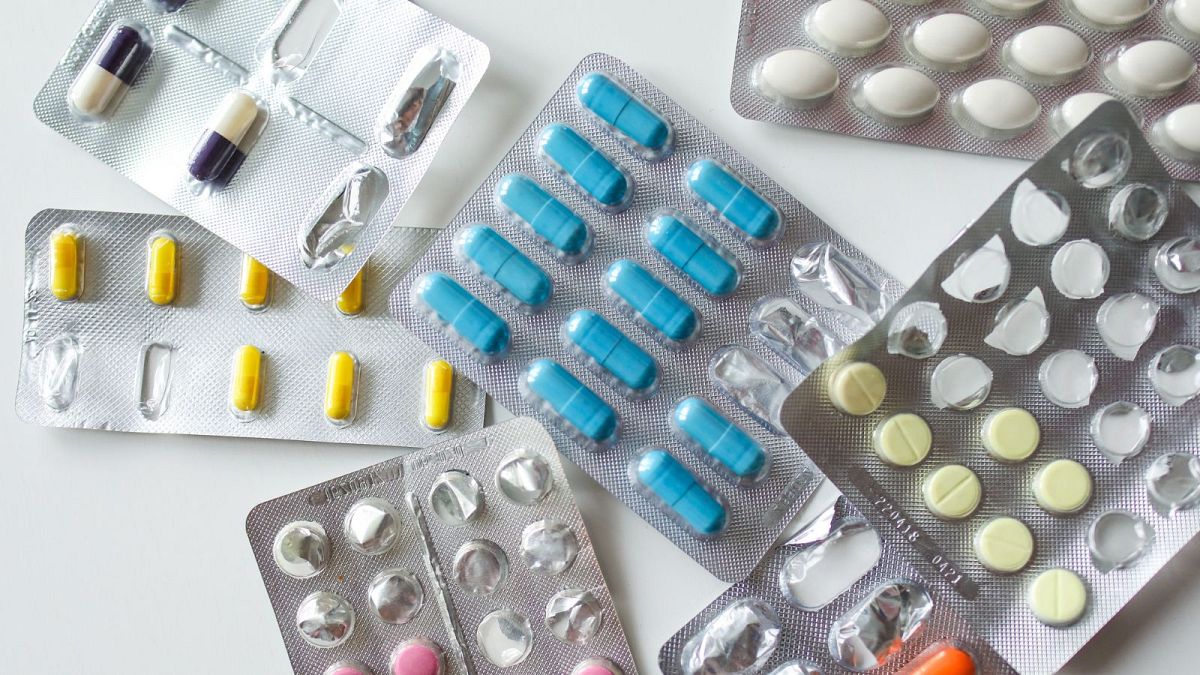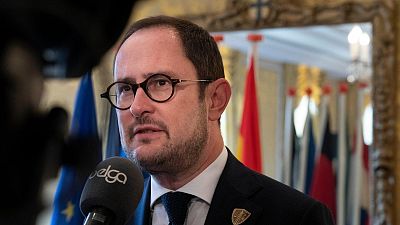Some generic medicines may be discontinued, drugmakers warn - as soaring energy bills squeeze their margins.
Europe's drugmakers have warned they may stop making some cheap generic medicines because of surging electricity costs, and are calling for an overhaul of the way they are priced.
The generic drug industry lobby group Medicines for Europe, which represents companies including Teva, Novartis's Sandoz unit and Fresenius SE's Kabi business, sent an open letter to European Union member states' energy and health ministers this week.
The EU's 27 energy ministers are meeting on Friday to seek agreement on measures to tackle Europe's energy crisis, with a tax on windfall profits of fossil fuel companies and a gas price cap on the table.
The letter was also addressed to the Commission, which said it would reply "in due course".
Electricity prices have risen 10-fold for some drug factories in Europe and raw material costs have risen by between 50 per cent and 160 per cent, according to the letter.
Its authors asked for the pharmaceutical industry to be exempted from EU moves to reduce electricity consumption, and for off-patent medicines sector to be involved in relaxed state aid rules designed to support the economy.
Generics associations in member states are also petitioning national health authorities for more flexibility on drug prices, said Medicines for Europe.
"We may discontinue maybe three, maybe five products due to the direct and indirect impact of increasing energy costs," said Elisabeth Stampa, chief executive of Medichem SA, a generic drugs and pharmaceutical ingredients maker based near Barcelona in Spain.
Generic drugs under pressure
Medicines for Europe's director general, Adrian Van Den Hoven, told Reuters that higher energy costs were hitting the generic sector hard when it's already under pressure to keep prices low.
This makes the market more vulnerable to supply outages and shortages, he said.
"Higher energy costs just eat all of the margins of many makers of essential medicines in the fixed price system that we operate under in Europe".
The issue centres on the pricing regime. Off-patent medicines are typically sold by low-cost drugmakers at prices set by national health agencies or insurers' associations, which frequently also cut prices.
Generics account for about 70 per cent of all dispensed medicines in Europe, many of them to treat serious conditions such as infections or cancer, but they make up only 29 per cent of the region's drug bills, according to the lobby group.
The surge in energy costs risks undermining a recent push to boost medicines production in Europe after the COVID-19 pandemic exposed the region's dependence on faraway suppliers and led to a breakdown of certain supply routes.
Lockdowns in China and the war in Ukraine have made matters worse for logistics and raw material supplies.
Medicines production is energy-hungry
Standard infusions for hospitals are among the most energy-intensive drugs to produce because they need to be heated and cooled for sterility.
The same goes for the fermentation process behind commonly used antibiotics and therapeutic hormones, said van den Hoven.
Medichem's Stampa said the effects of expensive energy ranged from higher shipping rates to waste disposal contractors charging 30 per cent more.
She declined to name drugs that might be affected but said customers would be given about six to 12 months to find a new supplier if a product is phased out.
The privately held group made €110 million in sales last year with off-patent products such as antibiotic drips, blood thinners and schizophrenia drugs selling to generic drug companies including Teva and Viatris.
Stampa said indexing drug prices to take production costs into account would be an affordable fix for health bodies in Europe where some off-patent prescription eye drops are reimbursed for less than the price of a pack of gum.
The president of the Italian pharmaceutical industry association, Marcello Cattani, said energy costs are seven times higher than last year, while the US dollar, in which international ingredients are typically paid, is up against the euro.
"The sector cannot pass on higher costs ... The risks of negative impacts on the production and availability of medicines are very high," he said.



